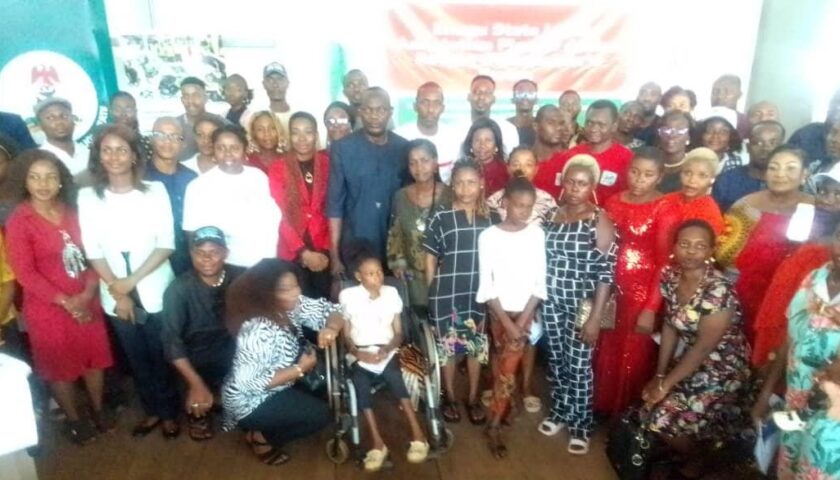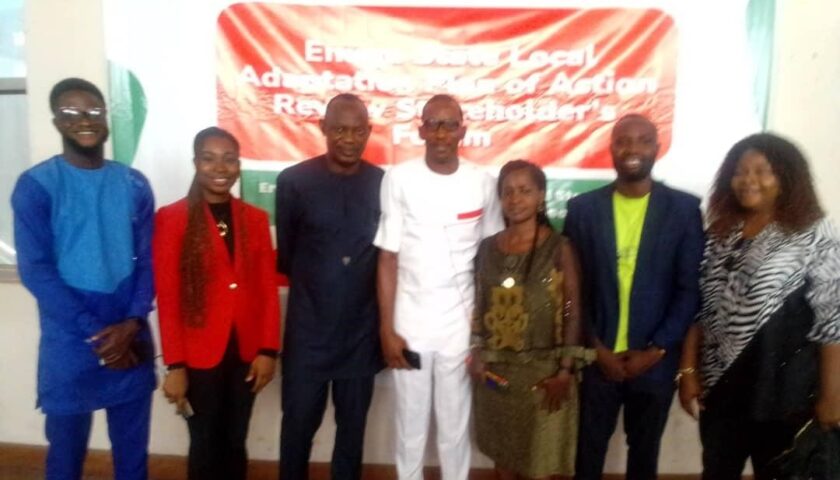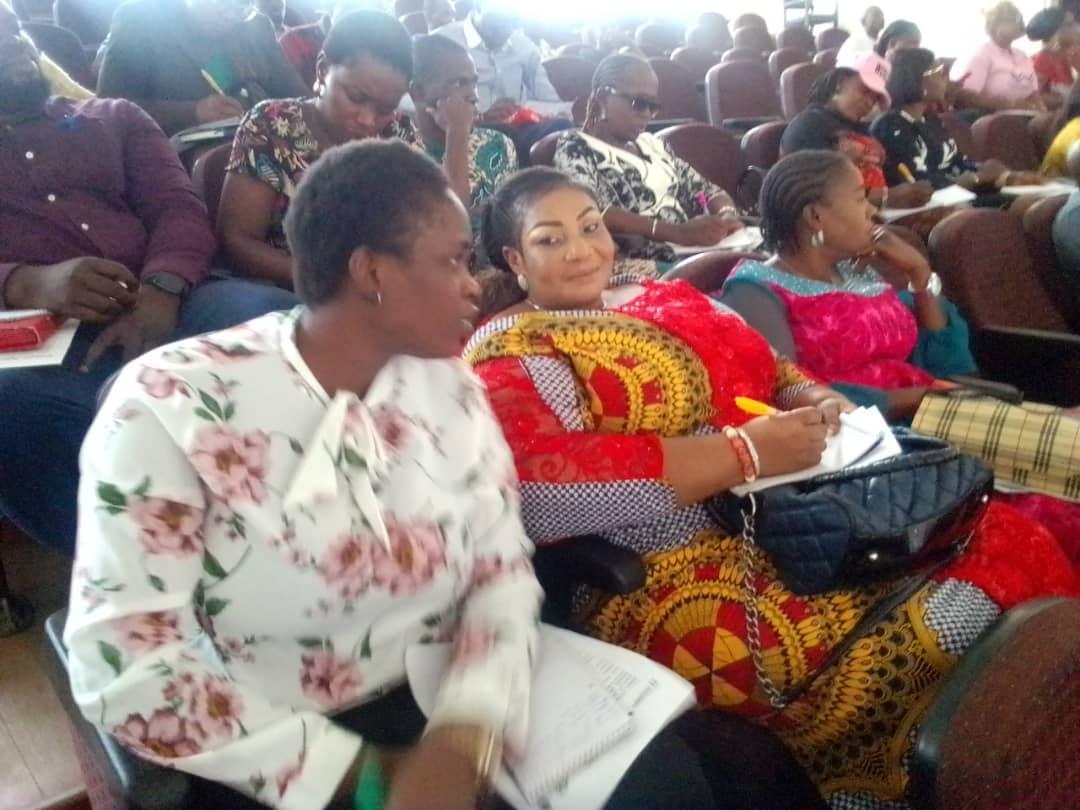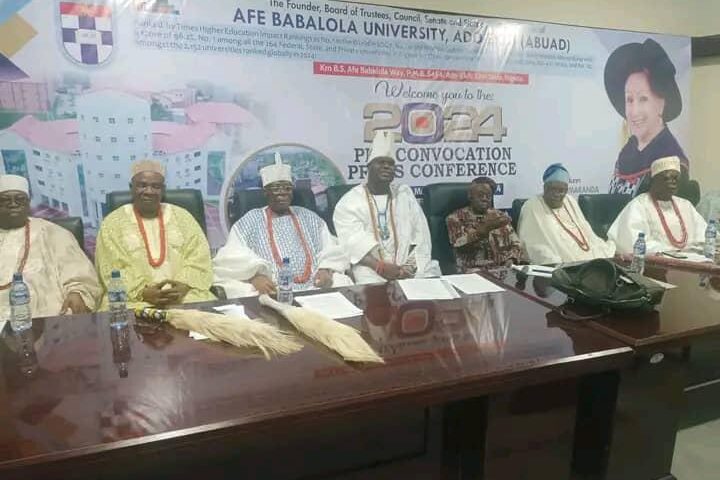Stakeholders and residents affected by climate change issues on Tuesday proffered ideas on local adaptation plans for climate change within Enugu State. They unanimously agreed that current climate change activities are negatively impacting on the environment and entire residents, while the people are feeling the impact in various ways, which included: agriculture and food production, health, livelihood and life-style.
The stakeholders said this at a one-day workshop organised by Ecocyclers; Society for the Improvement of Rural People (SIRP) and Plogging Nigeria with support of Network of Youth for Sustainable Initiative (NGYouthSDGs) and Embassy of the Federal Republic of Germany, Abuja.
The agenda of the workshop was “Statewide Stakeholders Engagement Meeting on Enugu State Local Adoptation Plan on Climate Change with the theme: “Climate Action For Stronger Nigeria”.
Speaking, the Founder of Eco-Cyclers, an NGO, Mrs Ogechi Nwoye-Bernard, said that the workshop was to develop a plan that strengthens the resilience of communities to climate change by addressing specific local vulnerabilities and risks. According to Nwoye-Bernard, we want to ensure inclusive participation of stakeholders, including grassroots communities, local government officials, traditional leaders, and relevant state agencies for comprehensive input.

She said, “The workshop will integrate local knowledge, experiences, and perspectives into climate adaptation planning for relevance and effectiveness. “We also want to ensure that the Local Adaptation Plan of Action on Climate Change aligns with National Climate Policies such as the National Adaptation Plan (NAP) and Nationally Determined Contributions (NDCs) for coherence and strategic impact.”
She also said that the various contributions and outcomes of the workshop would be collated as a state working document and made known to all. Colloborating, Executive Director of SIRP, an NGO, Mr Somtochukwu Ugwu, said that the workshop would create a sense of ownership among local actors and set a foundation of practical implementation and sustainability from local residents to other people living in the cities.
Ugwu noted that his NGO had done a lot of groundwork in rural communities in the state to let them know the dangers and impact of climate change not for today, but also in the future if left unchecked. The Administrator of Plogging Nigeria, an NGO, Mr Ayodeji Omilabu, said that the NGO had succeeded in sensitising and opening environmental associations in over 23 tertiary institutions in the country especially in the South-East.
“These moves all these years was meant to get youths actively involved in climate change issues and prepare them to play serious roles in protecting and making the environment resilient,” Omilabu said. Earlier, the Commissioner for Environment and Climate Change, Prof. Sam Ugwu, said that the state government had done much to mitigate and adapt good clinate change best practises through switching to e-governance.
“Today, the state has adopted electronic means of doing all its businesses and stopping paper waste, logging of timber for paper production and emission from government vehicles shuttle from one location to deliver mails and others. Enugu State has adopted use of solar powered electricity to save cost, check carbon monoxide and noise pollution as well.
“We have stopped illegal mining that usually pollute our environment and pollute fresh air among others,” Ugwu, represented by the Permanent Secretary in the ministry, Mr Matthew Abia, said.
The commissioner assured the stakeholders that his ministry would fully back the outcomes of the workshop and other civil engagements meant to create environmental resilience and people ownership of any policy document on climate change.

The workshop, after presentations on what had been done at the local government council areas in the state by CSOs, NGOs and other stakeholders, went into a comprehensive climate change breakout discussion sessions. The stakeholders also shared experiences and expertise, dialogue and explored solutions to mitigate climate change impacts in Enugu State, which would form a draft working document.
The workshop was attended by community members from council areas, CSOs, NGOs, traditional leaders, schoolteachers, farmers, women groups, religious leaders, informal workers, local business owners, People with Disabilities (PWDs) as well as private and public sector workers.





